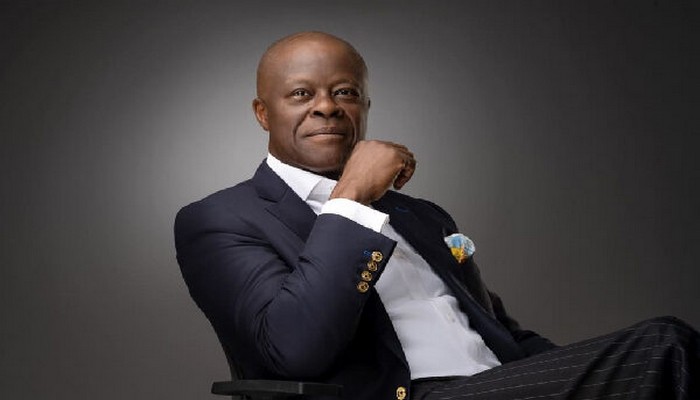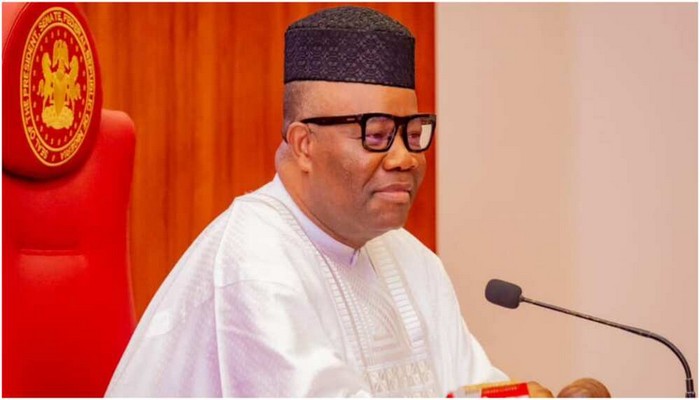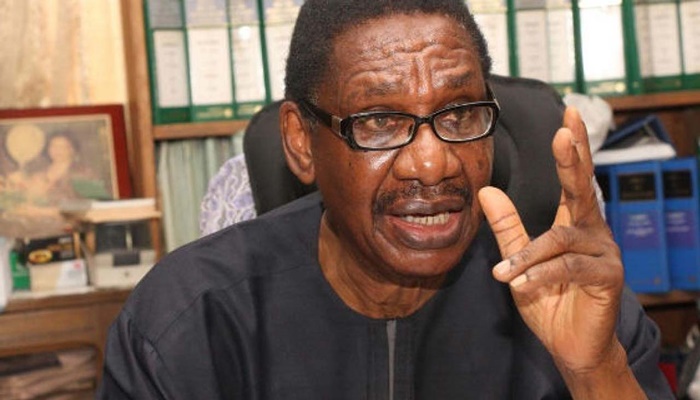The Presidential Advisory Committee Against Corruption (PACAC), led by Prof. Itse Sagay has described as fraud a proposed bill for the amendment of the establishment Act of the Economic and Financial Crimes Commission (EFCC) and called on Nigerians and the National Assembly to reject it.
Sagay declared that even the sponsors of the bill were too ashamed to put their names on the bill being circulated.
PACAC, in a statement on Wednesday signed by Sagay, and released by the Communication Unit of the committee, said the planned amendment was part of “an ongoing very sinister and dangerous attempt to demolish the anti-corruption infrastructure of Nigeria and return it to the situation it was in during the dark days before 2015.
He added that those behind it “are the representatives of the corrupt establishment that brought this country to its knees and subjected us to humiliation as a result of an extremely negative reputation internationally”.
The bill seeks to weaken the EFCC and its officials and confer an enormous power of control of the anti-graft agency on the office of the Attorney General of the Federation and Minister of Justice.
However, Sagay did not mention the name of the incumbent AGF, Abubakar Malami (SAN), as the sponsor of the controversial bill.
The senior lawyer however tackled the minister for what he described as his proclivity for aborting criminal cases in favour of major political and governmental figures.
He noted that the draft bill, which intended to repeal the EFCC Establishment Act 2004, was being sponsored by those that were “too ashamed to put their names to the draft bill being circulated”.
Sagay described the sponsors of the bill as the “enemies of Nigeria”.
Malami has been linked to the controversial bill but the minister has neither denied nor confirmed the allegation
Citing various provisions of the bill, Sagay said it would eliminate the anti-graft agency’s “freedom and autonomy” and replace it with “an entity under the complete control of the Minister of Justice and Attorney-General”.
He added that the proposed bill would effectively turn the commission into a department in the Federal Ministry of Justice.
The statement read in part, “with all the above-established facts, the gravity of the proposed change becomes overwhelming.
“When in addition to all this, we recall the well-known proclivity of the Attorney-General for entering nolle procequi in favour of major political and governmental figures, this move to effectively scrap the EFCC becomes more alarming.
“We, therefore, call on the National Assembly and all Nigerians to vigorously reject this attempt to perpetrate a fraud on the nation by effectively scuttling the EFCC and shutting down Nigeria’s anti-corruption war.”
Offensive highlights of the proposed bill, according to Sagay, include, “Repeal of the current EFCC Establishment Act which has been a spectacular success and has brought Nigeria into limelight as a major force against corruption; the replacement of the Executive Chairman of the EFCC with a Director-General who is effectively to be appointed by the Attorney-General. This eliminates the EFCC’s freedom and autonomy and replaces it with an entity under the complete control of the Minister of Justice and Attorney-General; the replacement of the Board of EFCC with Directors who are effectively to be appointees of the Attorney-General; and the elimination of the position of the Secretary of the EFCC, a critical officer who serves as the institutional memory and the Administrative Head of the Agency.
“Section 11 of this Proposed Act provides that nobody may be appointed or seconded to the new Agency being proposed, unless he is first screened by the Directorate of State Security and approved by the said Agency. Under the proposed Act the Annual Report of the EFCC is not to be submitted to the National Assembly until it has been passed through the Attorney-General for onward transmission to the National Assembly; thus making the Attorney-General the reporting officer of the Agency rather than the Chairman or the Director-General, as the new Bill is proposing.”






































